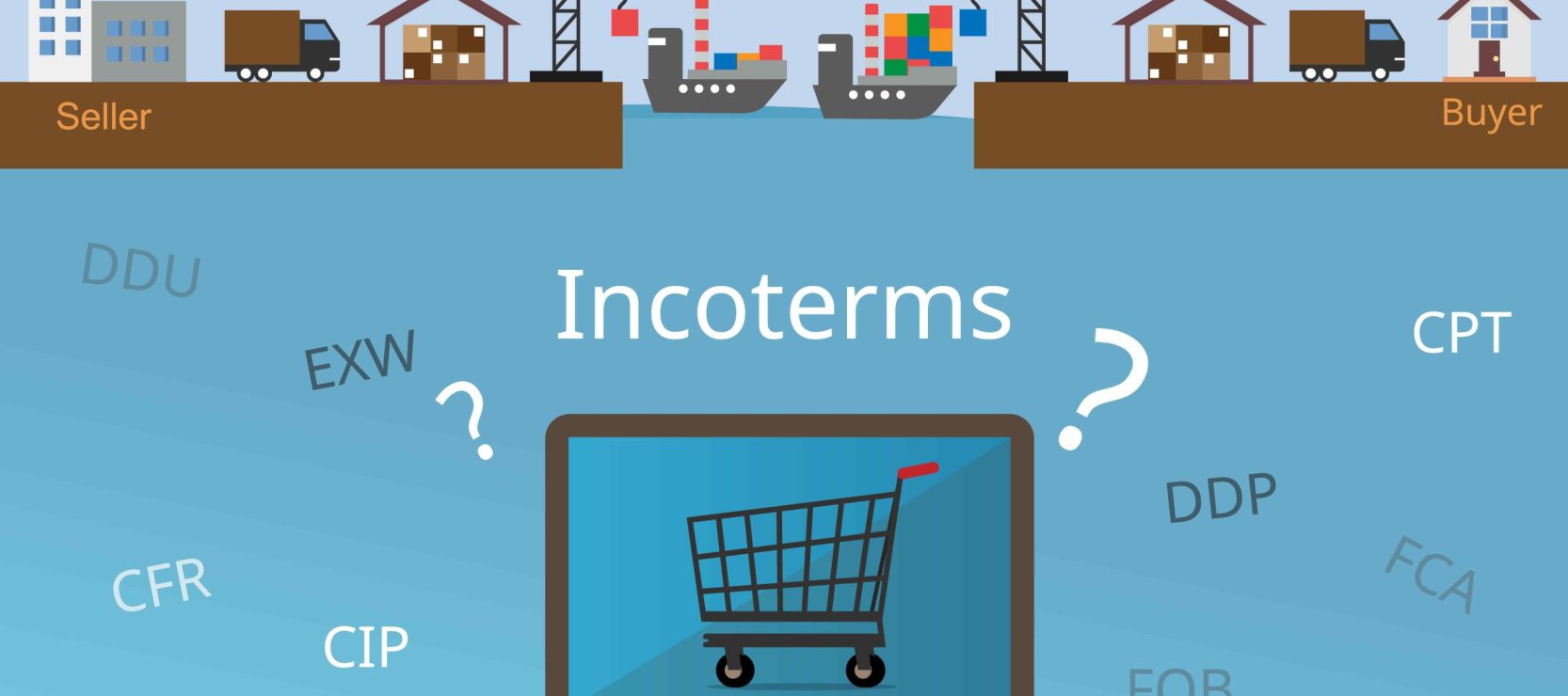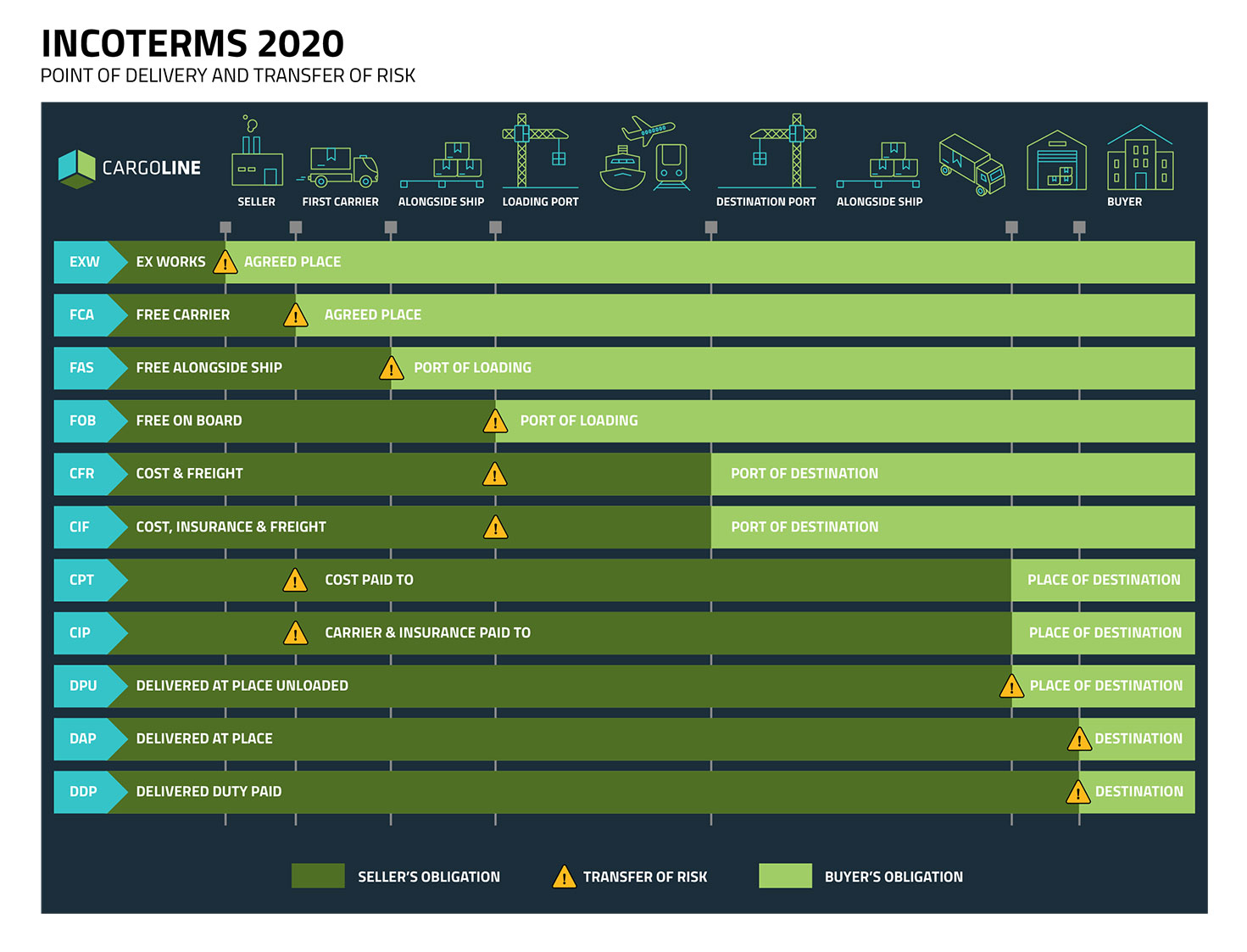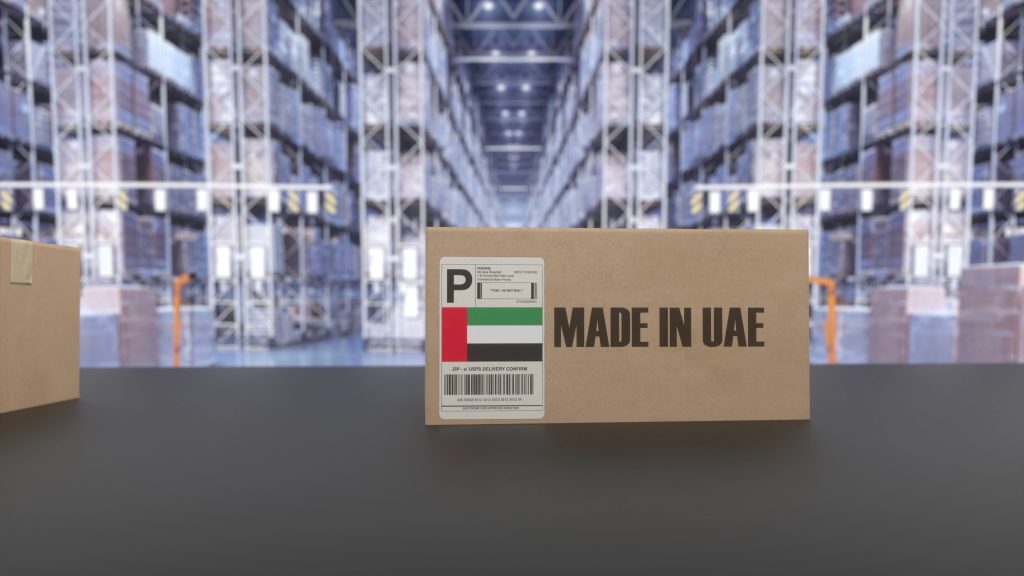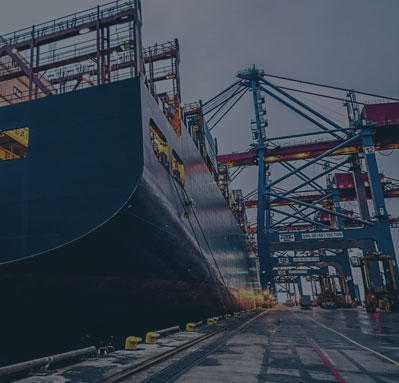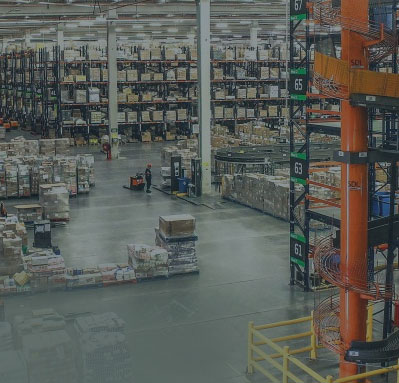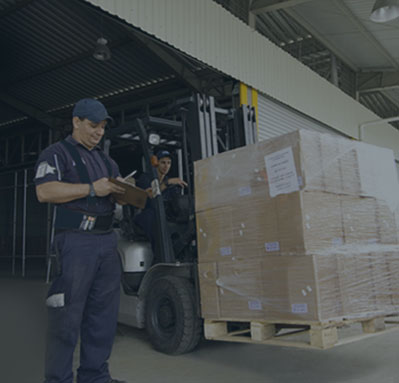Incoterms, short for International Commercial Terms, are a set of standardized trade terms businesses use globally to define the responsibilities of buyers and sellers in international trade transactions. They provide a common language for international trade, making it easier for parties to understand each other’s obligations and reducing the risk of misunderstandings. These terms are developed and maintained by the International Chamber of Commerce (ICC) and are updated periodically to keep pace with changes in the global trade environment. The latest version, Incoterms 2020, was released in September 2019 and came into effect on 1 January 2020. In this guide, we will take an in-depth look at Incoterms 2020 and how they are used in international trade.
What are Incoterms?
Incoterms are a set of 11 standardized terms that define the responsibilities of buyers and sellers in international trade transactions. Each Incoterm defines the responsibilities of the buyer and seller for the delivery of goods, transportation, and insurance. For example, the Incoterm “FOB” (Free on Board) specifies the seller is responsible for delivering the goods to the port of shipment and loading them onto the shipping vessel, while the buyer is responsible for all costs and risks associated with transportation from that point onwards. Incoterms only define the responsibilities for delivery of goods and do not cover other aspects of the sale, such as the price, payment terms, or quality of the goods.
Are there any updates for Incoterms in 2024?
There are no updates to the Incoterms in 2024. The latest version remains the Incoterms® 2020. The International Chamber of Commerce (ICC), which maintains the Incoterms, typically revises them every 10 years. Hence, we should be expecting the next update in the year 2030. Therefore, in 2024, you can rely on the Incoterms® 2020 for your international trade transactions.
Why use Incoterms?
Incoterms are used in international trade to minimize misunderstandings and reduce the risk of disputes between buyers and sellers. By using standardized terms, both parties can clearly understand their obligations, reducing the risk of misunderstandings and disputes. Additionally, Incoterms provides a level of certainty to international trade transactions. By using these terms, both parties can be sure that their rights and responsibilities are clearly defined, reducing the risk of confusion or disputes arising later in the transaction.
A few of the most essential Incoterms for 2024 include:
- EXW (Ex Works)
- FCA (Free Carrier)
- FAS (Free Alongside Ship)
- FOB (Free on Board)
- CFR (Cost and Freight)
- CIF (Cost, Insurance, and Freight)
- CPT (Carriage Paid To)
- CIP (Carriage and Insurance Paid To)
- DAT (Delivered at Terminal)
- DAP (Delivered at Place)
- DDP (Delivered Duty Paid)
Understanding the key changes in Incoterms
Each Incoterm defines a different level of responsibility for the delivery of goods. While some Incoterms require the seller to take on more responsibilities, others place more responsibility on the buyer.
While the core elements of the previous versions have been retained, the following changes are worth noting:
- Definition of “Delivered at Place” (DAP): the definition of DAP has been modified to include deliveries to an inland clearance depot (ICD), which is a facility where goods are cleared for import or export. This change reflects the increasing use of ICDs in international trade and helps to ensure that the responsibilities of the buyer and seller are clearly defined in these situations.
- Definition of “Delivered Duty Paid” (DDP): the definition of DDP has been clarified to articulate the seller is responsible for all costs and risks associated with the delivery of goods, including customs clearance. This change helps to ensure there is no confusion over who is responsible for customs-related costs and risks in international trade transactions.
- Increased Focus on Sustainability: Incoterms 2020 places a greater emphasis on sustainability and the responsibility of buyers and sellers to act in an eco-friendly manner. This includes recommending both seller and buyer consider using more sustainable transportation options, such as rail or sea transport, instead of air freight.
- Simplification of Definitions: the definitions of certain Incoterms have been simplified in Incoterms 2020 making them easier to understand to reduce the risk of confusion. This includes the clarification of certain terms, such as the responsibilities of the buyer and seller for loading and unloading goods.
What do Incoterms not cover?
Incoterms are generally incorporated in the contract of sale, however they do not:
- address the conditions of sale
- identify the goods being sold
- list the contract price
- reference the method or due date of payment
- when title, or ownership of the goods, passes from the seller to the buyer
- specify which documents must be provided by the seller to the buyer to facilitate the customs clearance process
- address liability for the failure to provide the goods
How to use Incoterms 2020 on sales and purchasing contracts
Although the new Incoterms® 2020 came into effect on January 1st, 2020, trading partners can still opt to use the Incoterms® 2010 if they prefer. However, in order to prevent misunderstandings, it’s important for parties to clearly indicate in their Sales and Purchasing contracts which version of Incoterms® they are referring to. Additionally, all contracts should be countersigned by both parties to ensure clarity and understanding. Before using Incoterms® 2020 in contracts, be sure to check existing contracts to confirm the inclusion of the Incoterms® edition year. If no year is stated, the following applies:
- Up to December 31st, 2019: Incoterms® 2010
- From January 1st, 2020: Incoterms® 2020
- If a different year is indicated, for example, Incoterms® 1990, the respective terms will apply.
- There are no updates to the Incoterms in 2024.
Navigating Incoterms can be a challenge and can even leave you feeling frustrated. That’s where the experts at Cargoline can help. With over 20 years of experience in importing regulated items for both buyers and sellers, we are here to make the process seamless. From drafting the initial bill of lading to ensuring compliance through submitting all import documentation at ports worldwide, our team of customs clearance and brokerage specialists will help you stay compliant while saving you time and money.
Contact a team member to learn more. We look forward to working with you.
